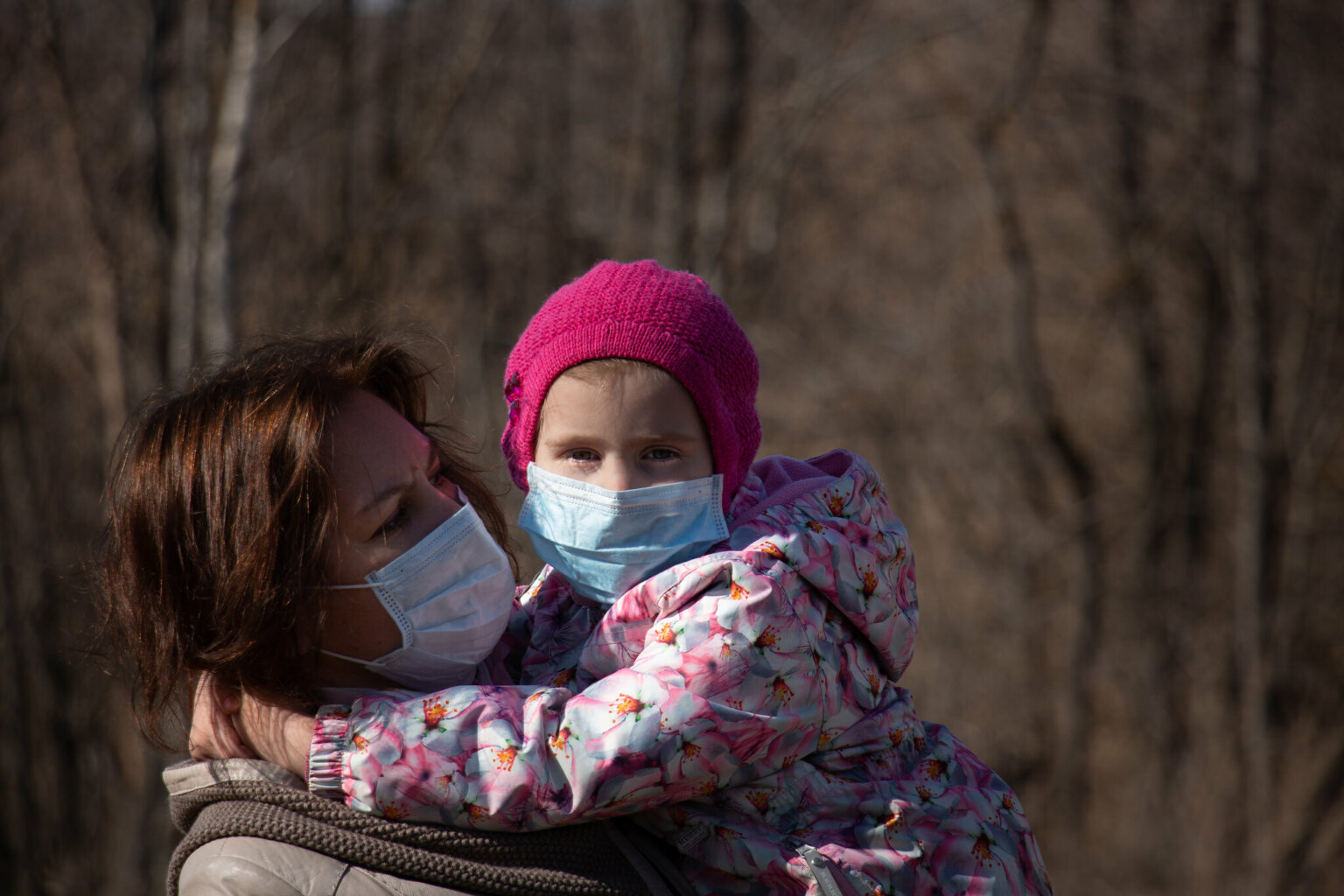- About
- Topics
- Picks
- Audio
- Story
- In-Depth
- Opinion
- News
- Donate
-
Signup for our newsletterOur Editors' Best Picks.Send
Read, Debate: Engage.
| topic: | Health and Sanitation |
|---|---|
| located: | United Kingdom, Belgium, Netherlands |
| editor: | Katarina Panić |
A blame game erupted between the European Union and AstraZeneca as vaccine shortages and delays in supply continue.
“The EU had an expectation of a certain number of doses which was changed by AstraZeneca at the beginning of December and again on Friday,” the EU Health Commissioner Stella Kyriakides stated yesterday at a press conference.
Vaccination against COVID-19 started on 27 December across the block. The issue is how to get more vaccines faster for EU citizens since the Anglo-Swedish multinational company said the production is “basically two months behind where we wanted to be.”
The contract is classified, as is usual when it comes to the pharmaceutical industry. However, the EU has asked the company to be able to publish it.
“In terms of numbers, the information is confidential and can only be shared with the agreement of the company […] The numbers that were shared with us on Friday by the company did not correspond to what was in the Advance Purchase Agreements and to what we expected,” the health commissioner told journalists.
“We reject the logic of first come, first served. That may work at the neighbourhood butchers, but not in contracts,” Kyriakides added.
AstraZeneca said the contract relies on a best effort clause rather than on the obligation to meet the deadlines. Out of the four production plants, the delays appeared outside of the UK - in the Netherlands and Belgium. The EU insists that there is no clause which prioritises deliveries nor hierarchy of the four production plants. It seems the 27 member states’ governments call for AstraZeneca to supply EU citizens before British ones.
On the other hand, there has been a lot of discussion about whether the EU has been too late in ordering the vaccines. While the block rejects these claims, the pharma company says it has met a separate deal with the UK because it was signed three months earlier.
The EU said it is not proposing the export ban, but rather a transparency mechanism to clarify which production centres are sold and how many doses should be supplied to which countries.
However, the health commissioner concluded the press conference on a somewhat threatening note: “No company should be under any illusion that we don’t have the means to understand what is happening, and so we ask all companies to be as transparent as possible with the information.”

